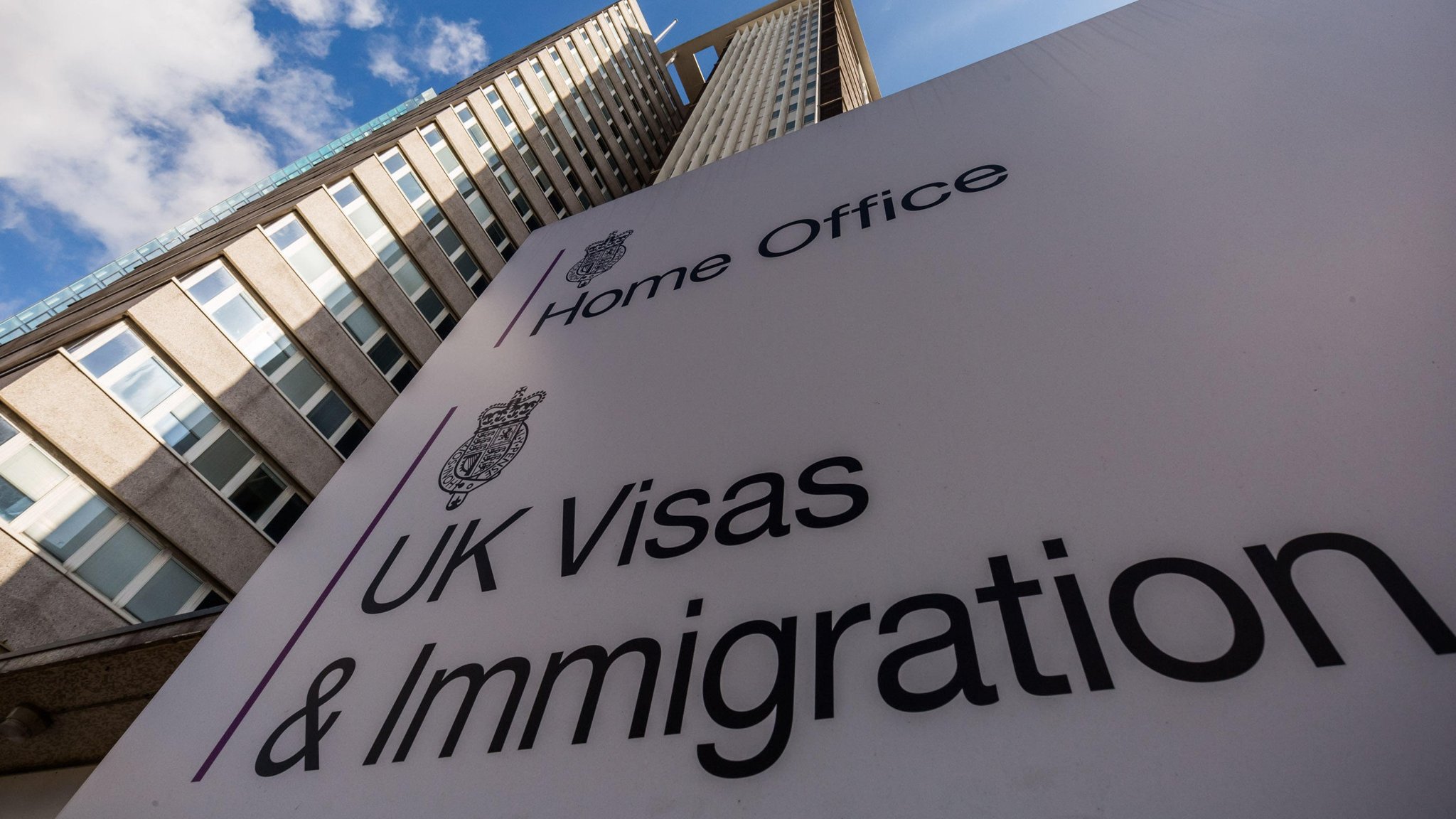The corporate graveyard in Zimbabwe has been busy in recent years. Hundreds of companies have gone insolvent and shut shop. The formerly vibrant industrial zones of Harare, Bulawayo and other cities now resemble ghost towns. The big industrial plants are now mere shells, which have become havens for rodents. Collectively, it’s one big museum of 20th century African industry.
by Alex Magaisa
And if Zimbabwe were one big hospital, the intensive care unit would be full of state-owned enterprises, many of which have no prospect of recovery but are kept on life support simply on account of pride, sentiment or the fact that members of the Zanu PF establishment are benefitting from them. They really should be allowed to rest but in the case of a company like Air Zimbabwe, it still serves a function for the man who is sometimes referred to as “Zim 1”, the long-serving leader, President Robert Mugabe. It really is the family taxi company.
The latest to join that list of comatose parastatals is Zimbabwe Electricity Transmission and Distribution Company (ZETDC), one of the subsidiaries of Zesa, the country’s power utility. ZETDC is the unit that sources, transmits and distributes power across the country. The other is the Zimbabwe Power Company, which performs the power generation function. ZETDC gets power from its sister company, but because this is not enough for the country’s needs, it imports the remainder from neighbouring countries. Sources say Zimbabwe needs 1 400MW but it only generates 1 000MW, leaving a shortfall that must be filled by imports.
This week, Julian Chinembiri, the managing director of ZETDC, told a business breakfast meeting that his company was technically insolvent. It owes creditors in excess of $1 billion dollars, far more than it is owed by its own creditors.
Zimbabwe’s energy utility has faced serious problems in the past, particularly because customers have not been paying their bills on time, or at all. This problem has been somewhat minimised by the introduction of pre-paid electricity meters. It’s a pay as you use system, which means customers can only use what they have already paid for in advance. It was resisted by consumers as an onerous change, but it has helped the energy utility to generate regular and reliable income. Chinembiri admits, “The money we are raising from the prepaid meters is what we are using to run the company at the moment”.
But pound for pound, the energy utility’s biggest defaulters are not the ordinary domestic users. They are the “big men” of politics, who simply don’t pay their bills, because well, they are “shefs”, the term used to describe senior political and government figures in Zimbabwe. They are stubborn and arrogant and have developed a culture of not owning up to their obligations, whether it’s electricity bills or loans from government. Last year, the government passed the RBZ Debt Assumption Act, taking over the debt owed by the RBZ, leaving the RBZ’s creditors in the lurch. Some of the beneficiaries of the RBZ loans, such as the Farm Mechanisation Programme were ministers and senior politicians who never paid back their loans. They took the same approach to electricity bills. some owe up to $150 000.
On February 14 2012 Newsday reported: “Cabinet ministers, senior civil servants and MPs are bleeding the Zimbabwe Electricity Supply Authority [Zesa] dry by refusing to pay electricity bills at their private properties and using political muscle to avoid being switched off.” Some of them included the then governor of Manicaland, Christopher Mushohwe, who owed $145 000. He is now the minister of Information and Publicity. The other name was Justin Mupamhanga, who ironically was the Permanent Secretary for Energy and Power Development, which oversees Zesa. He owed $20 000 in unpaid bills. The energy ministry itself owed the power utility some $30 000. Several other top ministers and government officials were named among the big defaulters.
On September 10 2013, soon after the July 31 elections, Zesa announced that it was writing off debts owed by farmers and domestic users. The total write-off was $170 million; $80 million attributed to relief for farmers and $90 million for domestic consumers. The big men of politics who owed huge debts most probably benefited from this debt write-off in their capacity as “resettled farmers”. But this generosity did not make economic sense to the power utility. It had simply responded to a populist push by the government. Customers would have been relieved, but ultimately it was suicidal for the company because its own creditors still demanded and expected payment. The costs of such a populist policy were always going to come one day and the fact that ZETDC is claiming insolvency is just one sign of this cost.
A few months ago, the media exposed a corrupt deal involving the minister in charge of the power utility, Samuel Undenge and a Zanu PF MP, Psychology Maziwisa. Undenge ordered Zesa and its subsidiaries, including ZETDC, to hire Fruitful Communications, a company which is partly owned by Maziwisa. Fruitful Communications was to do public relations work for Zesa and its subsidiaries, notwithstanding the fact that these companies already had thriving public relations departments. The deals had also not gone to tender as required by Public Procurement laws. This was an illegal and unnecessary expense on companies that were already struggling. No action has been taken by the state or law enforcement authorities despite there being a prima facie case of criminal abuse of office and corruption.
But ZETDC’s problems have been compounded by an expensive, irregular and corrupt deal in recent months. The Dema Diesel Power Plant is run by Sakunda Holdings, a company owned by Kuda Tagwirei and his partner, Derrick Chikore, who is a brother to the husband of Bona Mugabe, President Mugabe’s daughter. The company which originally won the tender, APR Energy, an American business, lost it in suspicious circumstances when it was unprocedurally and irregularly awarded to Sakunda, which had not even participated in the bidding process. Sakunda then sub-contracted Aggreko PLC, a British multinational company, which ironically, had lost the tender to APR Energy.
Apart from the apparent corrupt circumstances, the deal came at a huge cost to the power utility, adding to its already existing arrears. According to the Zimbabwe Independent, the power utility was expected to pay $8 million in advance every month, for a period of at least three years. But considering the cost of electricity from the Dema Diesel Power Plant compared to alternative sources, the deal does not make economic sense. The cost of diesel-powered electricity is 15,45c/kWh, which is excessively steep compared to hydro-electricity generated at Kariba, which costs 4,11c/kWh, and thermal power from the Hwange Thermal Power Station, which costs 6,97c/kWh. It is also far more expensive than imported electricity. Zimbabwe imports electricity from Zambia at 5,18c/kWh, and from Mozambique at 5,66c/kWh.
To absorb the cost, the power utility applied to Zimbabwe Energy Regulatory Authority (Zera), the energy regulator, to raise tariffs by 49%. It requested permission to increase the electricity tariff from the current average rate of 9,83c/KWh to 14,69c/KWh. However, this was rejected by the regulator. In response, the power utility threatened load-shedding.
On August 16 2016, it was announced that the Dema deal had been revised to reduce the financial burden on ZETDC which had no capacity to meet the original cost. Originally, the Dema Diesel Power Plant was supposed to supply 200MW of electricity to ZETDC. This has now been capped at 100MW. In order to meet the tariff, ZETDC has had to be creative. It has blended the high cost of diesel power with low-cost power from local and imported sources. This means the cheaper sources are actually subsidising the corruptly awarded and expensive Dema deal, which is effectively being run by Aggreko, the British multinational, under the supervision of the local Sakunda Holdings, which is no more than a rent-seeking intermediary.
But therein lies the problem for ZETDC. This is a struggling parastatal which is being saddled with an irregular, corrupt and expensive deal which makes no economic sense at all. The biggest beneficiaries in this deal are the local intermediaries Sakunda and its partner Derrick Chikore and the British multinational Aggreko, which is carrying out the project, although it lost the initial bid. It’s not surprising that ZETDC decided to reduce its commitments by half, but this merely mitigates rather than erase the burden.
Now, this is the same company whose managing director is declaring that it is technically insolvent, which means it will require a bailout from a broke government. Ultimately, it is the taxpayer who will carry the cost of corruption, mismanagement, and profligacy on the part of the Big Men of Zimbabwean politics who refuse to pay their bills or impose populist policies which make no economic sense. ZETDC joins a host of other comatose parastatals which are surviving on life-support from the taxpayers.
But it is also a classic case of how a clueless government has reduced once-vibrant parastatals to mere shells depending on the already over-burdened taxpayer. It is a classic case of how to kill a parastatal. Zimbabwe is in the hands of a crew that has neither the care nor the competence to solve its challenges. It will take years and robust management to repair Zimbabwe.
wamagaisa@yahoo.co.uk






